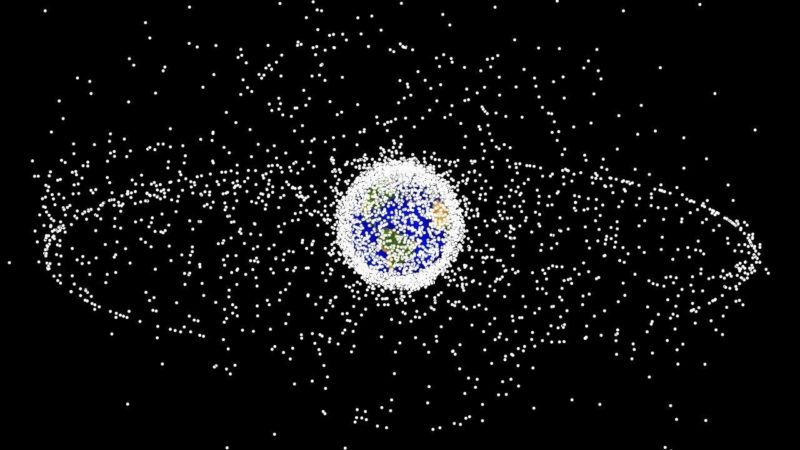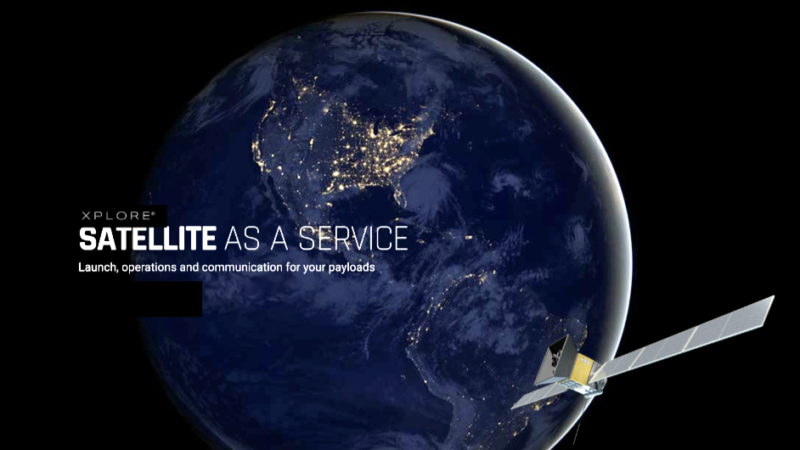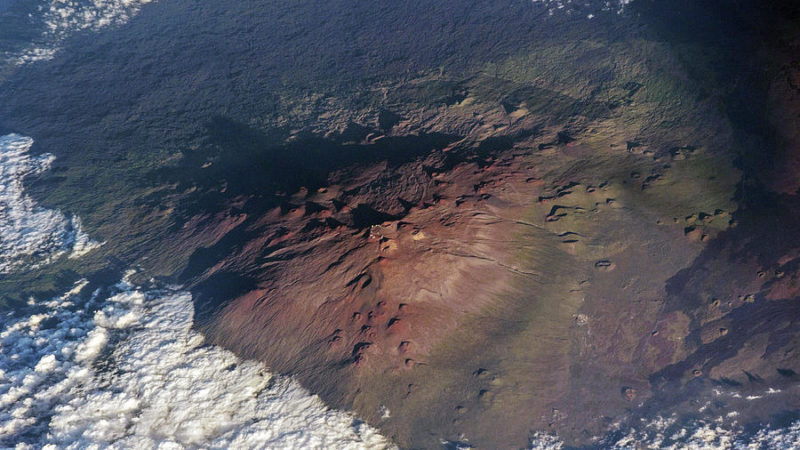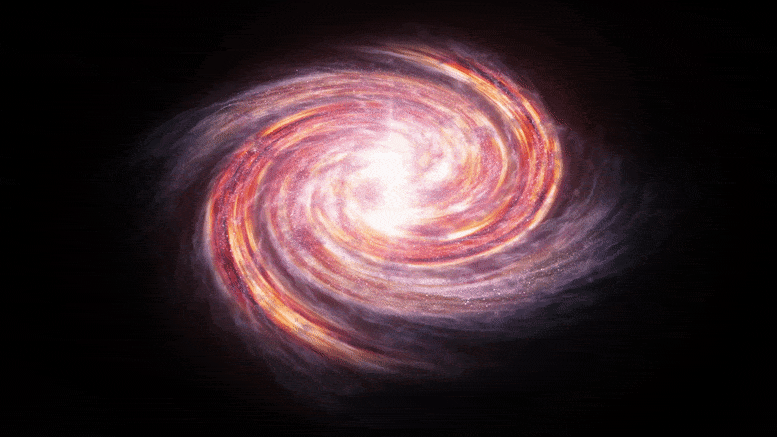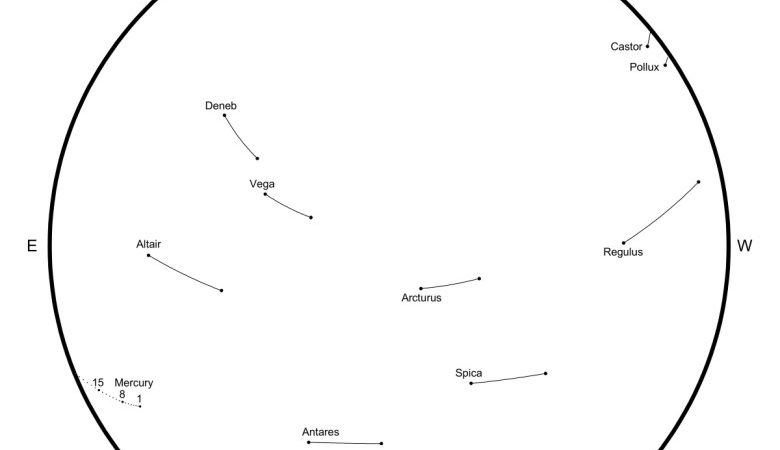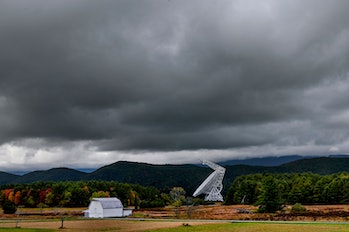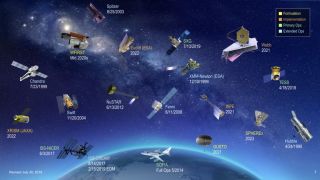
HONOLULU — Astrophysicists are deep in the throes of a process they conduct every 10 years to set scientific priorities for the field; the results could determine which missions fly and which don’t.
By the end of this process, dubbed Astro2020, the discipline will have a thorough document meant to steer astronomy and astrophysics research between 2022 and 2032. It’s the latest installment of what NASA scientists know as the decadal survey; planetary scientists conduct a similar process as well. The results of decadal surveys are crucial, since it is these community-informed documents that the federal government uses as guiding principles; the report will be completed in late January of next year.
Despite its reliance on input from scientists, the decadal survey process is highly confidential. Nevertheless, on Tuesday (Jan. 7), the two leaders of the process offered an update on its status and answered questions from scientists gathered here for the 235th American Astronomical Society meeting.
Related: The Decade in Astronomy: These Space Discoveries Shaped the 2010s
Decadal steering committee co-chairs Fiona Harrison, an astrophysicist at the California Institute of Technology, and Robert Kennicutt, an astronomer at the University of Arizona and Texas A&M University, explained that the decadal survey procedure is well under way.
The science-focused panels, which shape the overall goals targeted in the decadal survey, have reviewed all of the materials submitted to them by astronomers and are writing up their final conclusions.
Those reports will, in turn, guide the panels focused on evaluating individual programs. These teams of experts will combine the science priorities with mission plans, costs and risks in order to present a ranking to guide how NASA should spend its astrophysics budget between 2022 and 2032.
A final panel is focused on evaluating the profession of astronomy and what actions should be taken to strengthen the field.
The decadal survey under which astronomers are currently operating found that the three key science priorities for the field ought to be understanding the cosmic dawn, finding and evaluating nearby exoplanets and understanding the basic physics of the universe. It found the highest-priority major space mission to be the Wide Field Infrared Survey Telescope, or WFIRST.
WFIRST is still early in its process — so early, in fact, that the Astro2020 experts were explicitly directed to consider it, albeit in less detail than newer proposals, in case they saw ways in which it should be expanded or reduced.
Although Harrison and Kennicutt can’t comment on details of the decadal survey evaluations until the final report is completed, they did speak freely about the guidelines that government agencies taking part in astronomy, including NASA, gave to the steering committee.
In another town hall event held on Sunday (Jan. 5), Paul Hertz, director of the astrophysics division of NASA’s Science Mission Directorate, said that the agency hoped the Astro2020 report would sketch an ambitious plan for the next decade of astronomy. During yesterday’s meeting, both co-chairs welcomed that directive.
“They’re encouraging us, despite the multitude of uncertainties that are always on the horizon in budget scenarios, to really be bold,” Kennicutt said. “We have to sell this with really bold ambitions in science.”
Of course, that’s not necessarily the only reason to appreciate such guidance. “[I] applaud the agencies for making our job more fun by saying, ‘Be visionary,'” Harrison added.
Email Meghan Bartels at mbartels@space.com or follow her @meghanbartels. Follow us on Twitter @Spacedotcom and on Facebook.


